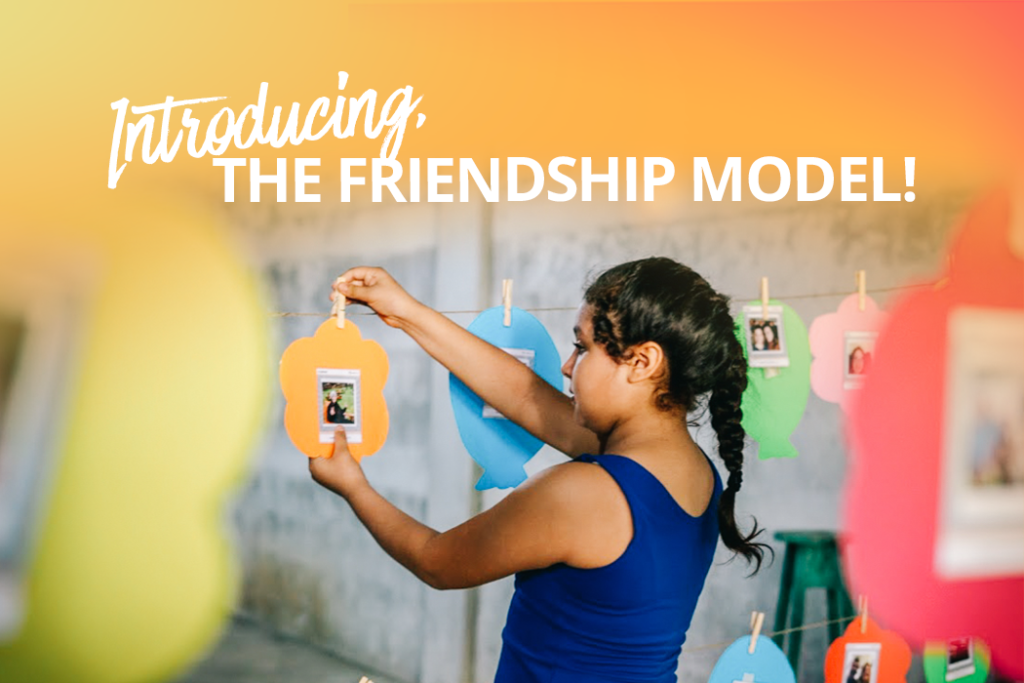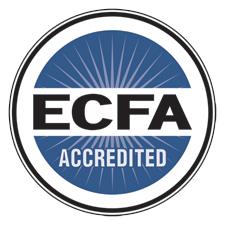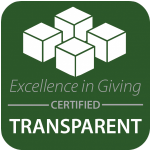For over 65 years, the concept of child sponsorship has followed a tried and true approach — share profiles and pictures of children living on the margins of existence…encourage those with resources to select a child to share a small portion of their resources to help that child…help them build a relationship with the child through correspondence and travel (in some cases) to meet face-to-face.
This model is noble and has been powerful! Millions and millions of children have been impacted by a host of organizations seeking to help impoverished children establish a better future. And yes, Children’s HopeChest adopted the concept of sponsorship early in its history.
In September of 2018, a simple question by Serghei Mihailov, our Country Director in Moldova, turned this 65-year old idea and the entire HopeChest world upside down.
As an organization, we struggled in some countries because the word “sponsorship” can carry a negative connotation. For example, in Eswatini (formerly Swaziland), sponsors have been referred to as “Special Friend,” and in Guatemala, sponsors have been called “Prayer Friends.” The cultural significance in those countries drove the naming convention. In addition, the idea of “having a sponsor” in Moldova carries a very negative cultural significance, especially with the history of the country.
Despite our struggle with the naming convention, our Community-to-Community model has been fueled by the individual-to-individual relationships, and it was something we could not simply abandon. But deep down, the idea of dignity and empowerment, as humans created in the image of God, two very key core values of our organization, were unintentionally undermined by the process of profiling a child and sharing their photos for U.S. individuals to select as “their sponsored child.”
We coped with this dichotomy until September of 2018 when Serghei asked the simple question, “What if we allowed the children to select their sponsor?”
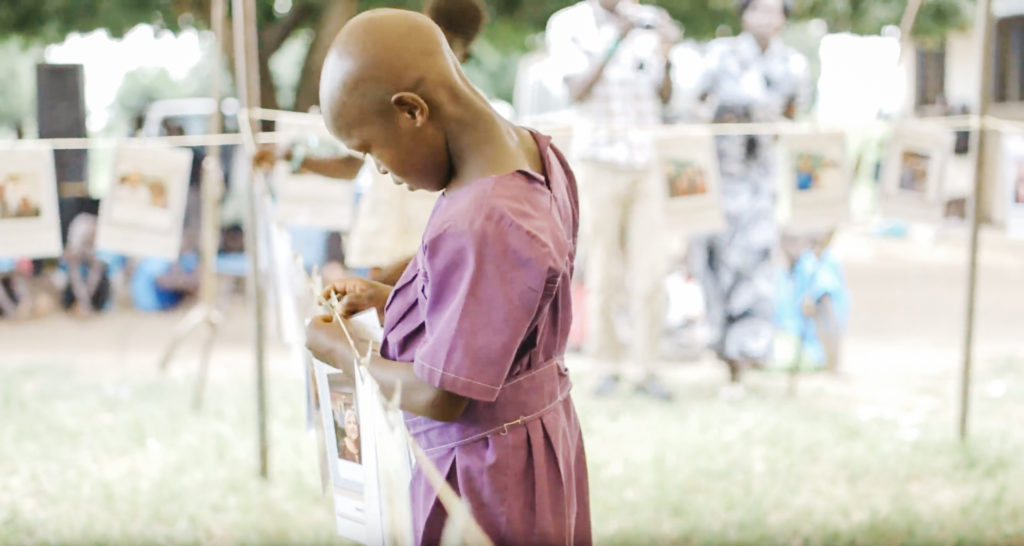
A lightning bolt surged through the organization as his simple question prompted a host of realizations impacting both the U.S. and the international communities. On the international side:
- The idea of having a child select someone they want to befriend provides dignity and empowerment by giving the child a voice and a choice in the process.
- It helps counteract the stigma of the child and their guardians being a victim needing someone else to “choose them” to help them.
- It provides an opportunity to have a fun and exciting formal launch of the CarePoint that can accelerate community engagement.
On the U.S. partner side:
- It helps frame the perspective that financial support of all the members of the U.S. partnering community has a broader impact on their partnered international community and not just an individual child.
- It helps to reduce the paternalism of “picking their child” that can creep into the traditional child sponsorship model.
- Plus, it provides a little mystery and anticipation to see which child chooses them.
In the months between September 2018 and March 2019, we began experimenting with ways our long-established systems and processes could be modified to allow this monumental shift to occur. On March 1, 2019, we pioneered our first launch of the Friendship Model between our new Mt. Elgone CarePoint in Kenya and a U.S. company by the name of BombBomb.
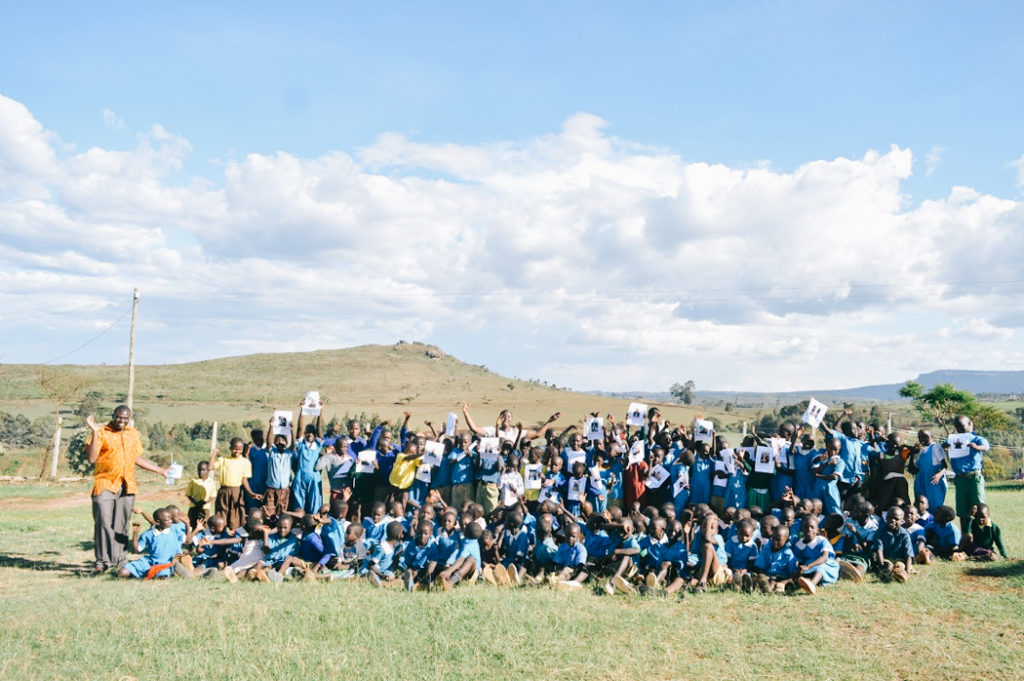
Since March of 2019 we’ve piloted several other Friendship launches between churches and their CarePoints. During these early days of 2020, you will see and hear more about the impact and the rapid acceleration of HopeChest’s Friendship Model. Stay tuned for some powerful stories as the history of child sponsorship is rewritten by those who choose to join with us.

